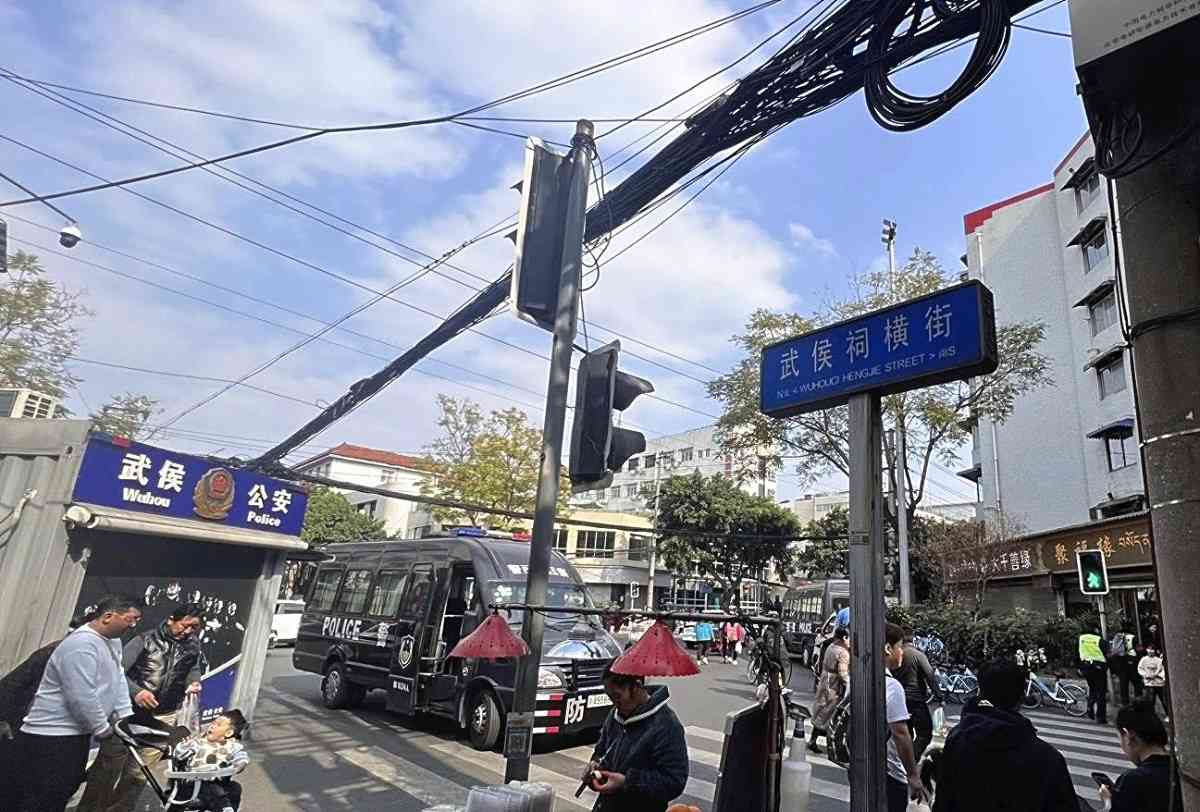
On the 16th anniversary of the 2008 Tibetan uprising, China continues to strengthen its grip over Tibetan communities. According to a recent report by The Japan News, Chinese authorities are implementing strict measures to assimilate Tibetans, amidst growing international criticism for human rights violations.
In Chengdu, Sichuan Province, a noticeable police presence and surveillance cameras watch over Tibetans. The Japan News visited shops selling Tibetan religious items and books, finding signs predominantly in Chinese. A monk expressed the community’s desire to preserve their culture and religion despite these challenges.
China’s approach involves assimilating the roughly 7 million Tibetans within its borders. A 2023 U.N. Human Rights Council report highlighted the shift towards Chinese-language education, sidelining Tibetan language and culture in schools. Additionally, Radio Free Asia reported in January that Tibetan children are being barred from classes on their culture and religion.
ALSO READ: Tibetan Man Released from Prison with Serious Injuries Due to Forced Labour
The Chinese government’s “Report on the Work of the Government” from the National People’s Congress outlines a plan to guide religions to fit into a socialist society. This includes a policy of Sinicization, prioritizing allegiance to the Communist Party over religious beliefs.
The Japan News‘ coverage indicates international backlash against China‘s policies in Tibet and Xinjiang. U.N. High Commissioner for Human Rights Volker Turk has called on China to amend laws infringing on fundamental rights. However, China dismisses such criticisms as Western fabrications.
The 2008 unrest in Tibet began with protests in Lhasa against Chinese suppression, leading to widespread violence and a heavy-handed response from the authorities. The Tibetan government-in-exile claims over 200 people were killed. China aims to prevent a recurrence of these events, emphasizing Tibet’s integration into China and rejecting Western interference.
As China continues its policies in Tibet, the international community watches closely, calling for respect for human rights and cultural preservation. The situation in Tibet remains a point of contention, reflecting broader tensions between China and the West over human rights issues.






